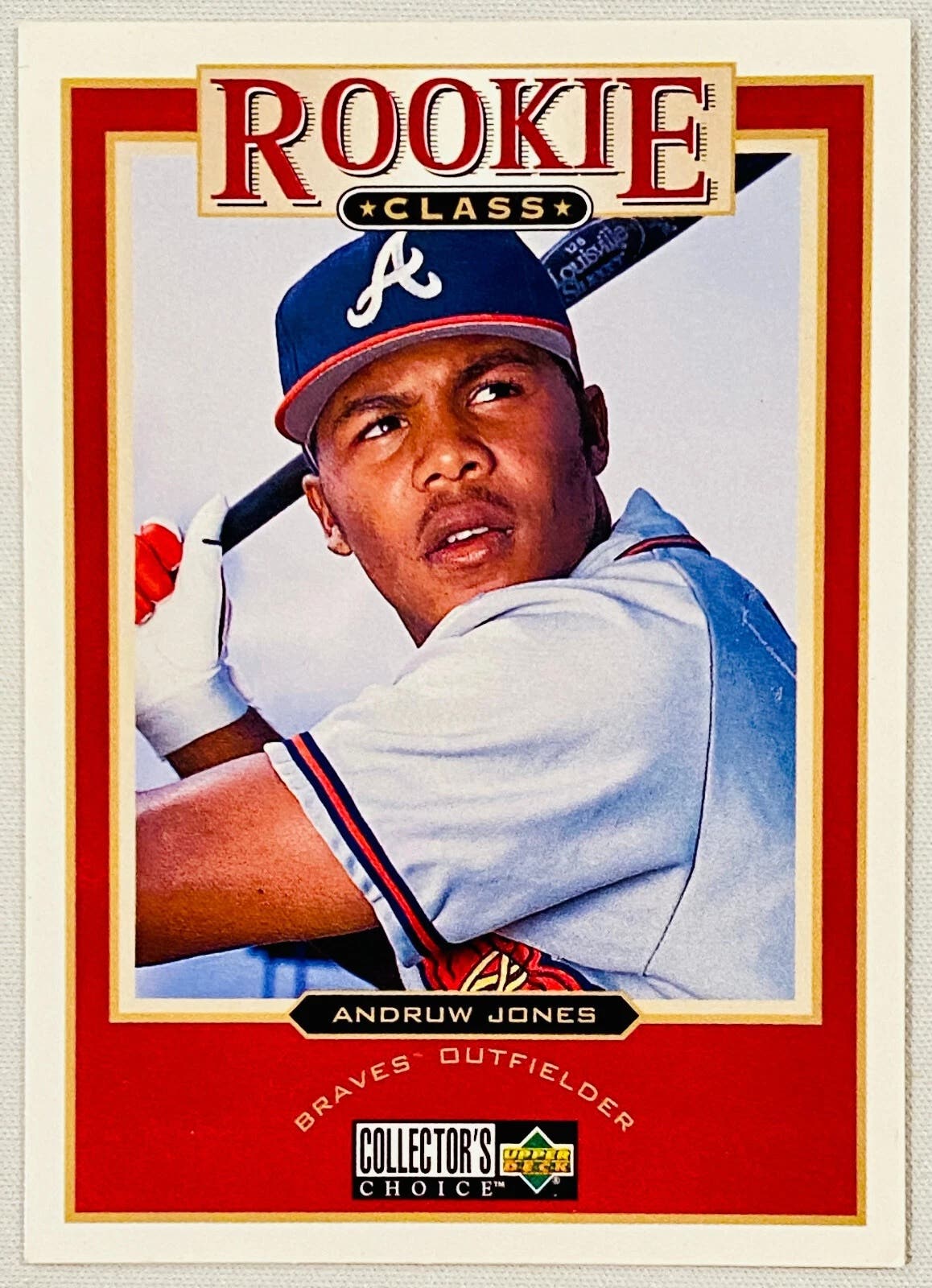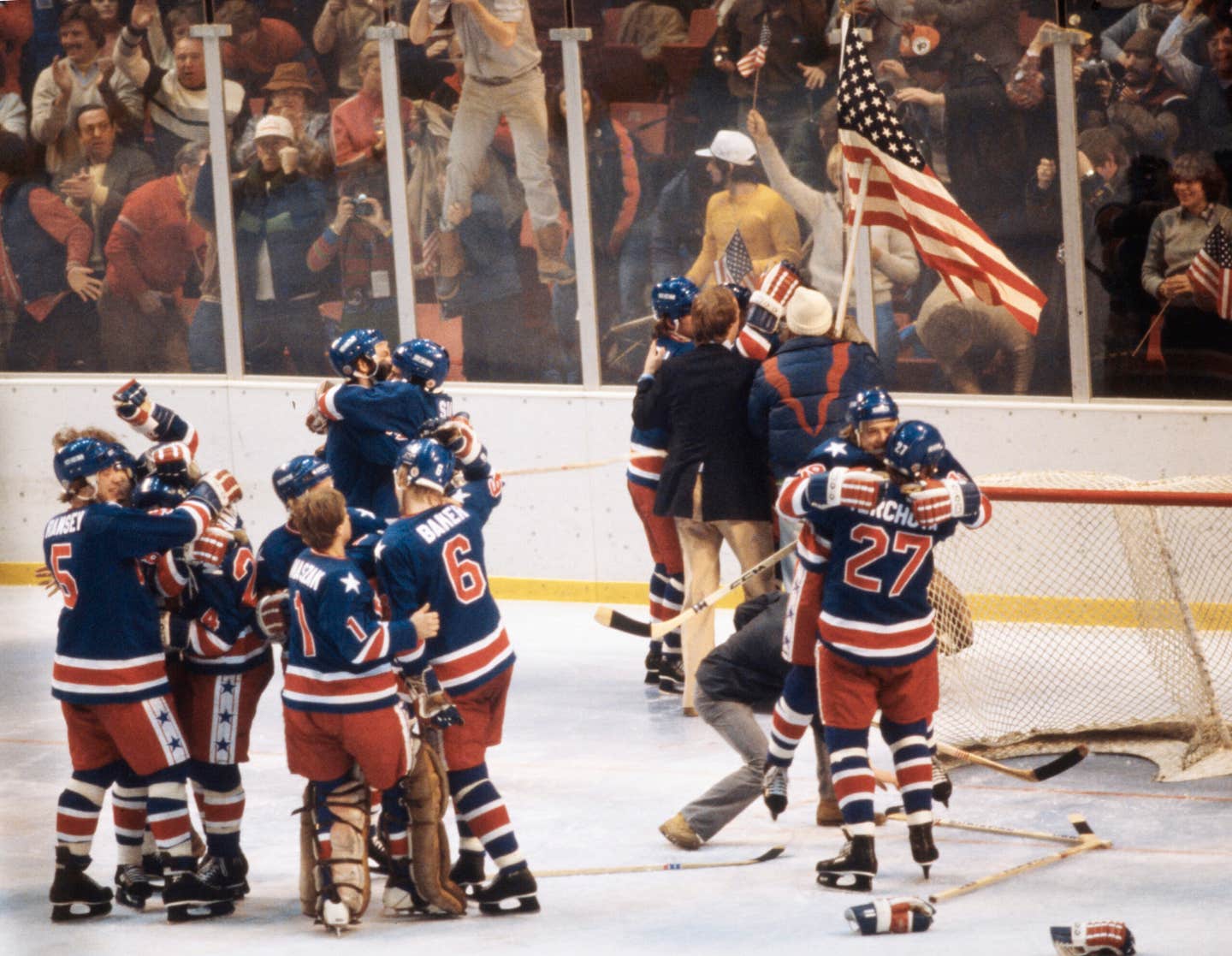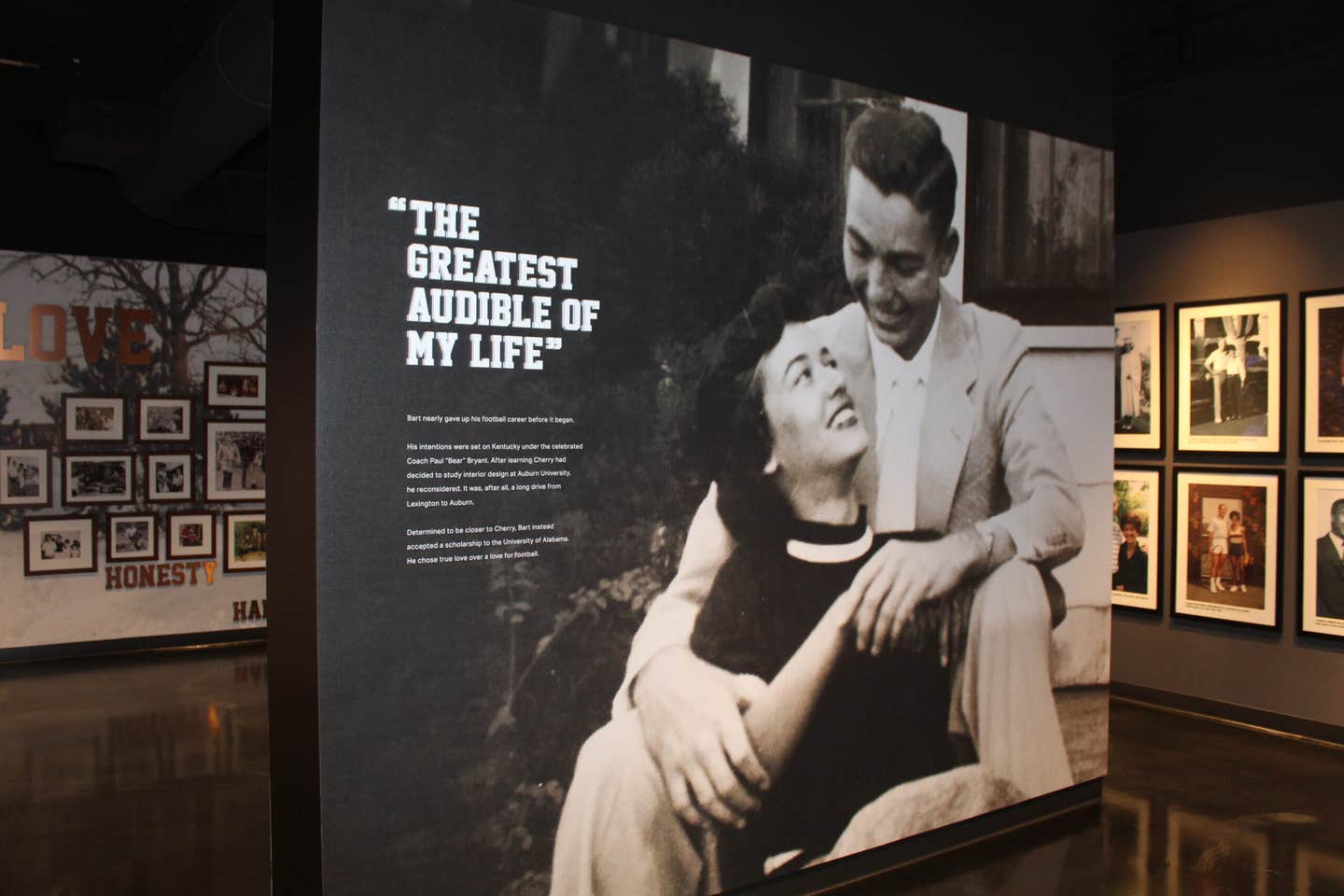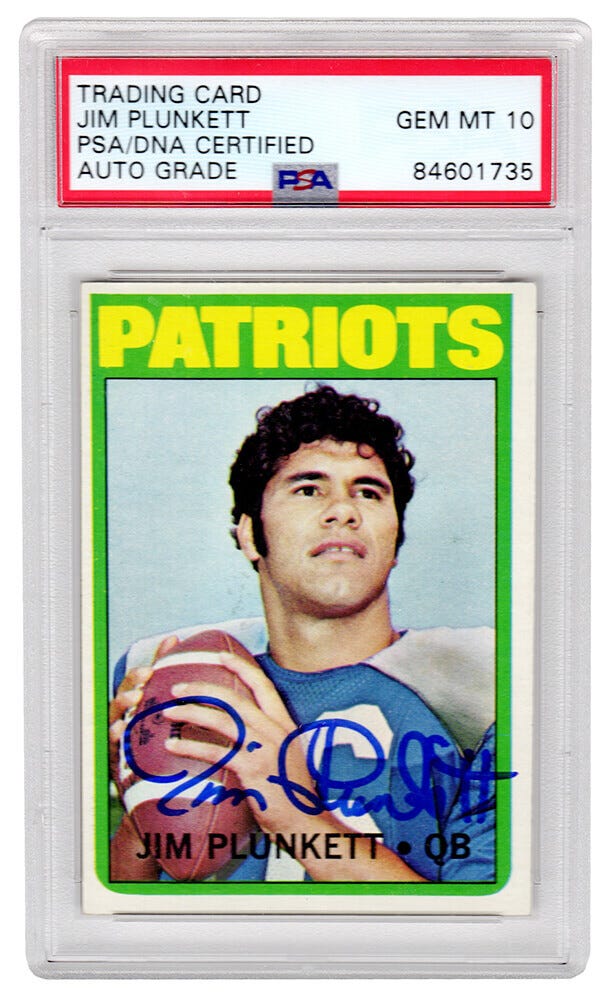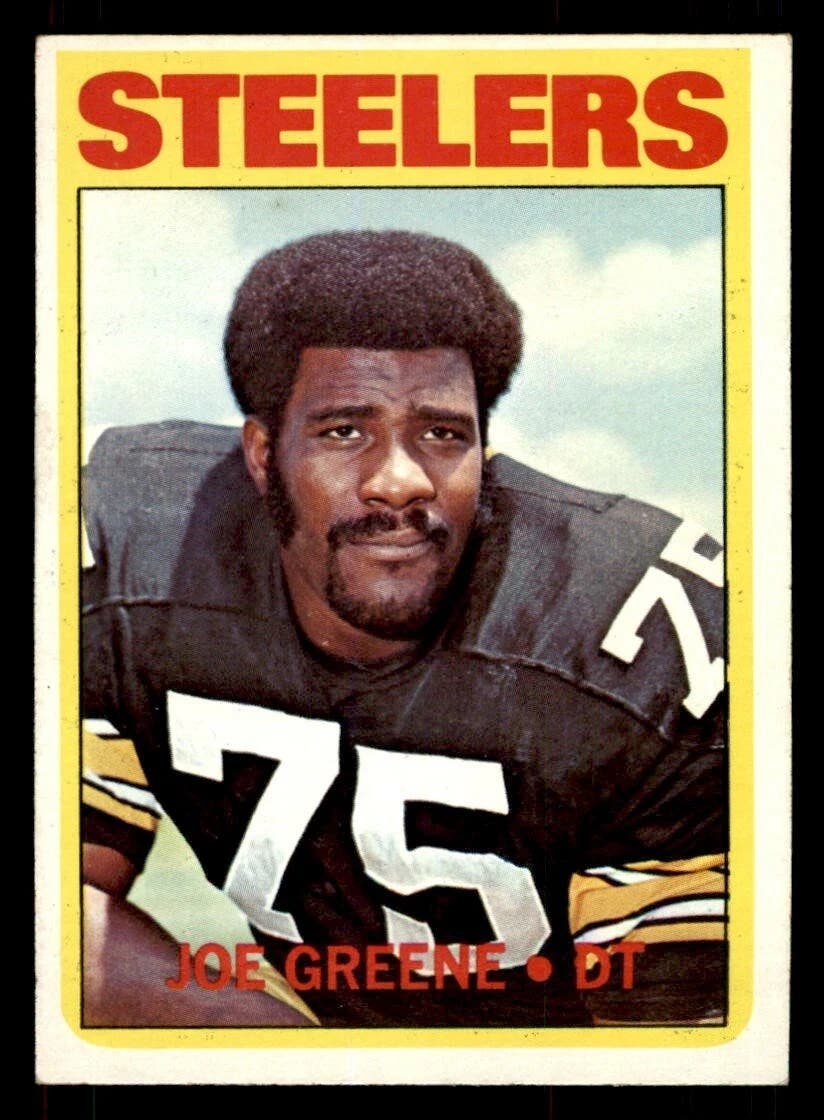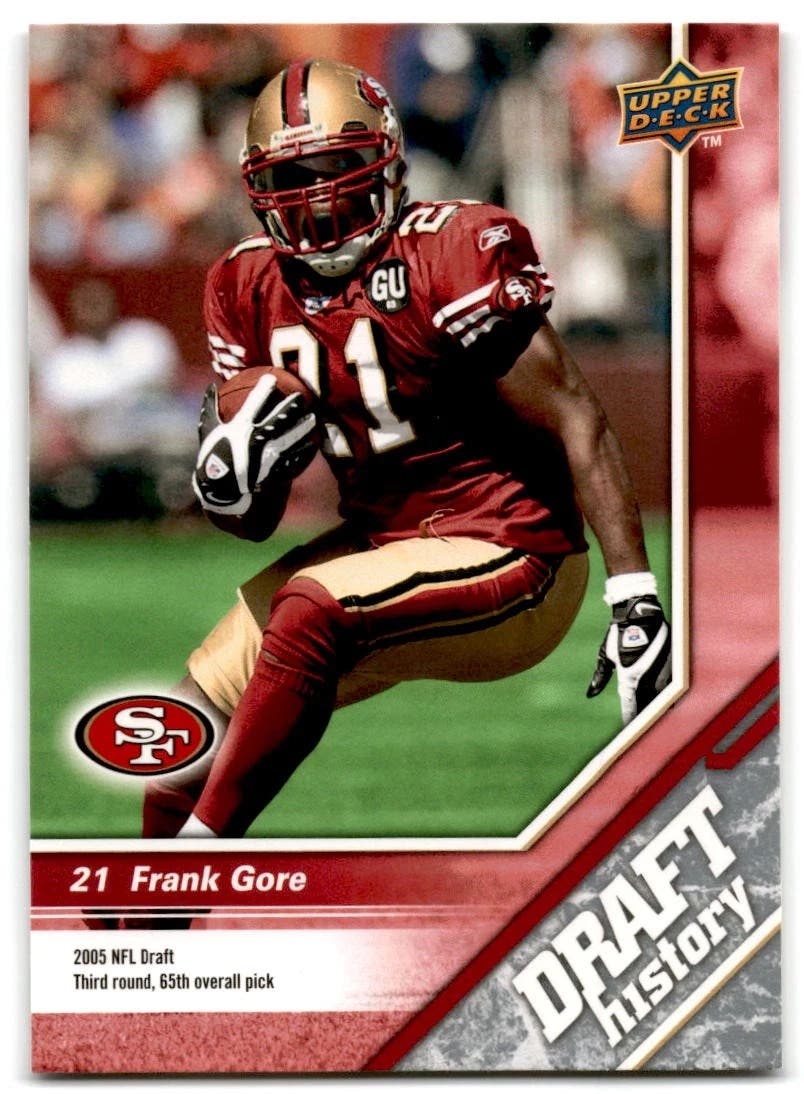News
Dahlgren’s career torpedoed by rumor of marijuana use
Imagine that somebody started a rumor that essentially destroyed your reputation and good standing among your friends and co-workers. The whispers develop a life of their own, and the scurrilous charge is so damning and embarrassing that it first disrupts your career before ultimately putting it to a premature end.
People, sometimes even friends, treat you differently, maybe even coldly or with a passive aggression that seems like a shunning. With nearly everyone you come in contact with, from longtime friend to casual acquaintance, you find yourself wondering, “Does he know?” And you want to ask, desperately, but, of course, you can’t directly confront friend or foe, because no one will tell you what the “rumor” is.
That’s what Babe Dahlgren found himself faced with when he first heard of the rumor that he was a marijuana user. It was 1943, and he may have already suspected something was wrong without being able to put his finger on it. Despite boasting what may have been the best glove in the league and a solid bat that would produce back-to-back RBI totals of 89 and 73 for the 1939-40 Yankees, he had already begun a nomadic stage in his career that saw him play for eight teams in seven years.
The rumor – or, more precisely, the embarrassment and bewilderment that would plague his effort to clear his name and get his good reputation back – would haunt him for more than a half century, literally to his deathbed in 1996.
* * * * *
We live in a time when the notions of things like privacy, reputation and protecting “your good name” seem quaint and maybe even outdated. The Internet age makes it seem so, but, of course, one’s good name and reputation are as vital in 2008 as they were, let’s say, 65 years ago.
While we shake our heads in collective disillusionment over the revelations about steroids and human growth hormone (HGH) that were fashioned in the recently released Mitchell Report, its publication coincides with the arrival of a new book that, ironically, brings up all those important questions from another day and age.
In a new, self-published book, Rumor In Town: A Grandson’s Promise to Right a Wrong,” Matt Dahlgren has undertaken the Sisyphean task of clearing his grandfather’s good name, now more than 11 years after his passing at age 84.
For casual baseball fans, Dahlgren may be remembered as the player who replaced Lou Gehrig at first base in April 1939, when the “Iron Horse” took himself out of the eighth game of the season as the toll of the disease that would kill him two years later became too pronounced to keep him in the lineup.
Memorabilia collectors may recall that Dahlgren was once the owner of the last glove that Gehrig used before sitting down on that historic day in 1939 after 2,130 consecutive games played. The grandson, Matt, says the glove was sold to Barry Halper in 1980, for, he thinks, a couple of thousand dollars. It would be the top-selling item nearly two decades later at the Sotheby’s sale of the Halper Collection in New York City, bringing an unprecedented $387,500.
In a kinder, gentler world, that would be how Dahlgren might be remembered exclusively, for that exquisite, untouchable link to one of the most beloved players in the history of the game. Instead, Dahlgren feared, even up to the day he died on Sept. 4, 1996, that “the rumor” would overwhelm all the rest of it.
“He turned down old-timer’s game invitations,” Matt said in a phone interview. “Babe wondered if friends knew, and he was embarrassed about things.
“Babe didn’t get the end of life that he should have had,” his grandson continued. “He clammed up and stayed away.” For many years, he would send letters to baseball commissioners, pleading for help in clearing his name. The first to hear his plea was Commissioner Kenesaw Mountain Landis, who, according to the book, intoned something to the effect that castration would be an appropriate punishment for the culprit behind the rumor, but ultimately Landis did nothing as far as anyone can tell to address the situation directly.
The image of Dahlgren abjectly pleading for compassion from Landis sounds like a cruel parody of the infamous entreaties from Buck Weaver to the former judge to have Weaver’s lifetime ban because of his role in the Black Sox scandal reconsidered, except for one thing: the question of guilt or innocence. Imagine what it would be like trying to convince stranger or friend alike that you didn’t do something. It bespeaks a maddening level of frustration that must have frequently flirted with despair.
Fay Vincent, who became MLB commissioner following the death of A. Bartlett Giamatti in 1989, is a fan of the book, and according to Hall-of-Fame sportswriter Murray Chass in the New York Times, he would likely have presented a sympathetic ear.
“It’s too bad; I wish I had been involved,” Vincent is quoted in the Times article from late 2007. “I would have tried to fix it.”
Vincent went on to say that people had railroaded Dahlgren for illegitimate reasons. “It’s a sad story. He was accused of being on drugs when I doubt very much that he was.”
Vincent, perhaps once seemingly overlooked as a caretaker commissioner following the death of Giamatti shortly after the decision in the Pete Rose gambling investigation, now seems something like a former president who finds historians being kinder to him with each passing year. “It’s not one of baseball’s prettiest stories, and I regret that it didn’t get fixed before he died,” was Vincent’s final comment in the Times article.
* * * * *
Knowing the exact date that a poisonous rumor might have started is about as tough as figuring out when you might have first developed some horrible disease: you might have a feeling when things started to go bad, but you almost certainly couldn’t nail it down to a specific moment.
For Dahlgren, the first he heard of the rumor was during contract negotiations in February 1943 with a legendary baseball figure, Branch Rickey. “Do you smoke marijuana,” Rickey asked a stunned and bewildered Dahlgren.
The Mahatma, as Rickey was known, had a reputation for pulling elaborate ruses and charades (which sounds a lot nicer than saying lies and dirty tricks) on unsuspecting players in contract talks, so Dahlgren – admittedly outraged – initially thought it was a negotiating maneuver. He stormed out of the room, but not before he flung a pack of Old Gold Cigarettes in Rickey’s direction. “Have those analyzed,” he snarled at the GM.
Unceremoniously traded to the Phillies (it was his sixth team in five years, all since his two standout seasons for McCarthy with the Yankees in 1939-40), Dahlgren quickly realized that the rumor was out and taking on a life of its own.
His appeal to Landis included submitting to drug tests, at MLB’s expense, which was unheard of at the time. It was all to no avail.
Pieced together by his grandson in the book, the most likely theory holds that the “rumor” may have been launched as retaliation from an insecure Joe McCarthy, who chafed about Associated Press reports in the offseason of early 1940 that Dahlgren had received batting tips from Lefty O’Doul.
The legendary Pacific Coast League slugger and the major leaguer with the highest career batting average without being installed in the Hall of Fame (not counting Joe Jackson), O’Doul reportedly clashed with McCarthy and had allegedly made disparaging comments in West Coast baseball circles about the Yankees skipper’s tutorial abilities.
This then lies at the heart of the book’s contention that the marijuana use allegation was trotted out after McCarthy’s initial charge, that Dahlgren’s arms were too short for a first baseman, seemed to quickly run out of gas with befuddled reporters.
“It bothered him for years,” grandson Matt recounted in trying convey his grandfather’s almost epic frustration. “I have letters he sent to Kuhn, Ubberoth and even commissioners before that. He was pleading with these guys for help.”
Matt has stacks of letters that his grandfather sent to a host of people in baseball’s hierarchy. “For a man of character, how do you explain about something like this to friends and family,” he asked rhetorically.
Having been “burned” by a conspiracy of whispers, Dahlgren faced a metaphorical one-two punch when a 1980 fire destroyed his home and all of his memorabilia, including all of the aforementioned correspondence, plus reels of 8mm film that he had made on hitting instruction.
Matt tries to illuminate his grandfather’s frustration. “He wanted his name cleared. He tried to think, ‘Who dislikes me enough to do this?’ ”
The realization that it was McCarthy who had started the rumor didn’t come to Dahlgren for many years. According to his grandson, Dahlgren had always figured that Rickey had heard it from somebody else. As the former ballplayer agonized over the fate of his good name, he ultimately concluded it had been Marse Joe. In the final years of his career, he would encounter bits of evidence that would point to McCarthy, but Matt would find even more ironclad corroboration nearly 10 years after his grandfather’s passing.
In the process of consulting with Marty Appel, arguably the preeminent Yankees historian, Matt was stunned as Appel told him about a conversation he had with New York Times sportswriter John Drebinger in 1973, with the topic being how close the Yankees had come to winning an astounding eight consecutive American League pennants.
According to Appel, the Hall-of-Fame sportswriter told him about McCarthy talking to a small group of baseball insiders at the end of the 1940 season. McCarthy noted that the Yankees would have won the pennant in 1940 had it not been for an error that Dahlgren made in a late-season game against Cleveland. “Dahlgren doesn’t screw up that play if he wasn’t a marijuana smoker.”
Matt was struck most by the realization that he hadn’t solicited any of that information from Appel, it had been offered on its own.
I guess that’s part of what makes rumors such a devastating bludgeon. Truth may be the first casualty of war, but in these kinds of scenarios it can almost appear to be irrelevant. The anguish felt by Dahlgren for so many years, the sense of having had something so precious taken from him perhaps for any number of nefarious and shabby reasons, is almost unimaginable.
Vindication, had it come in time to actually make a difference during his playing career, or even in the decades that followed it, still winds up being rather impotent in the face of the carnage from the rumor.
Still, you can’t help but admire the grandson for trying ... and keeping his word to his grandfather.
At the risk of sounding corny, it was the honorable thing to do.



